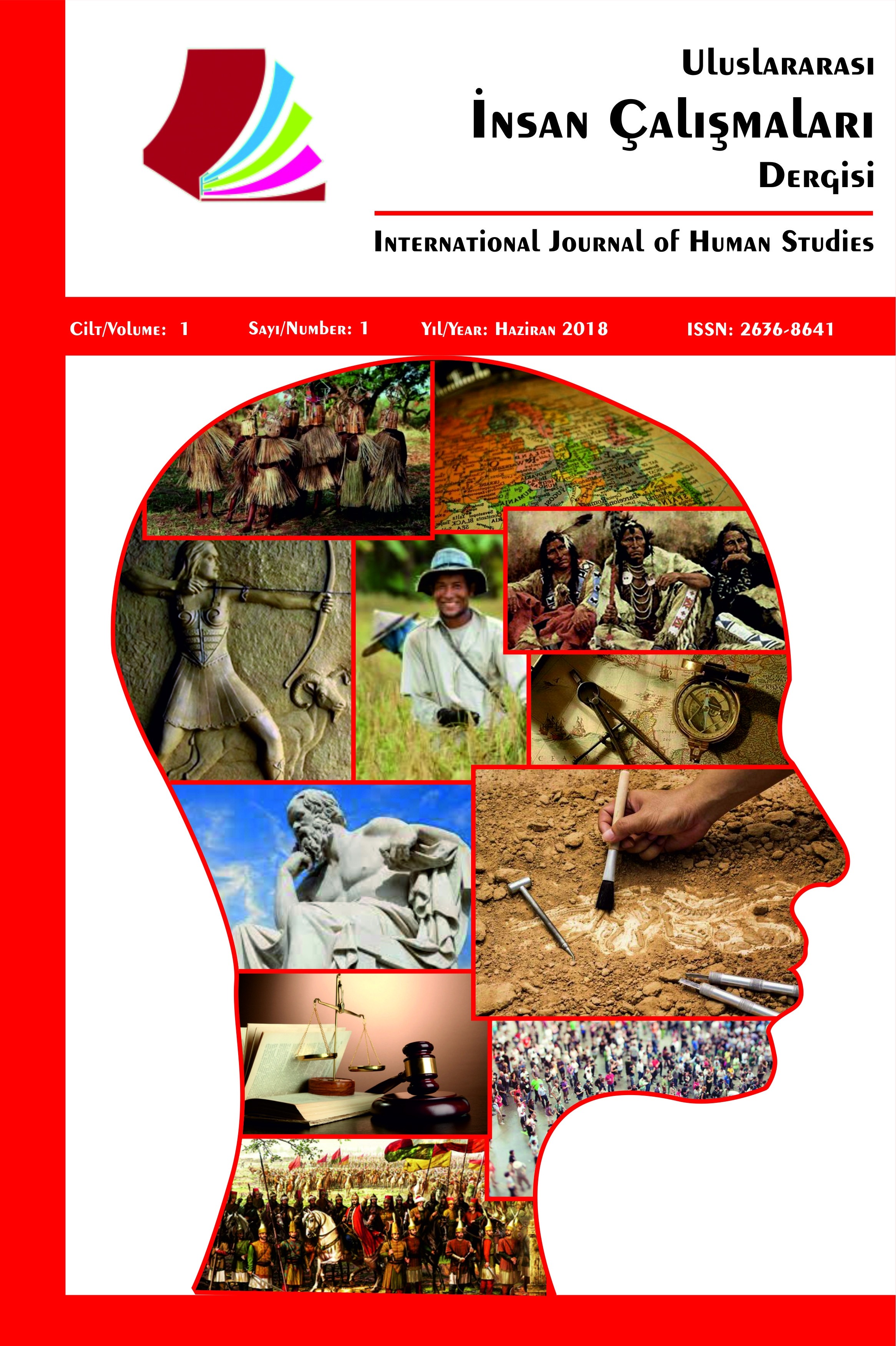
Uluslararası İnsan Çalışmaları Dergisi
Yazarlar: ["Dilan YAR", "Sinem ULAŞ", "Yılmaz MUALLA"]
Konular:-
DOI:10.35235/uicd.1221639
Anahtar Kelimeler:Gönüllü Çocuksuzluk,Düşmanca Cinsiyetçilik,Korumacı Cinsiyetçilik,Muhafazakarlık,Sosyal Onay
Özet: This research was conducted as a descriptive study to determine the relationship between attitudes towards voluntary childlessness and ambivalent sexism, general conservatism, social approval and demographic characteristics. The research data were collected online via various social media channels by creating a link containing the scale form on Google Forms. The sample of the study consisted of a total of 410 participants, 216 women and 194 men. The research data were collected using the demographic information form prepared by the researchers, The Ambivalent Sexism Inventory, The General Conservatism Scale, The Need For Social Approval Scale, and The Attitude Towards Voluntary Childlessness Scale. The data obtained were evaluated using descriptive statistics, independent t-test, one-way analysis of variance (ANOVA), correlation and regression analysis. As a result of the analysis, it was found that there was a significant difference between attitudes towards voluntary childlessness according to gender, age, marital status, educational status, income status, having children and number of children.The study revealed that general conservatism, hostile and benevolent sexism affect attitudes towards people who choose voluntary childlessness, but the need for social approval does not affect attitudes towards voluntary childlessness. As the general conservatism, hostile and benevolent sexism scores increase, negative attitudes towards voluntary childlessness increase. It is thought that the results of the research will form a framework for understanding the issue of voluntary childlessness, which is newly studied in our country.